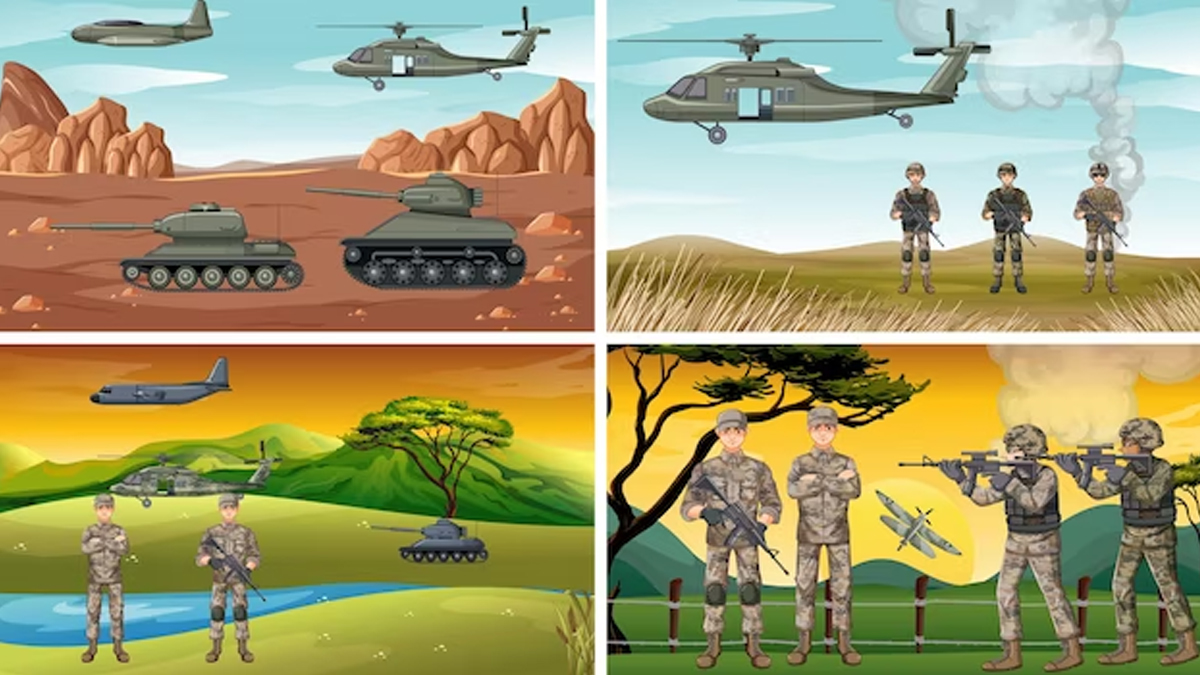While there is no universally agreed-upon framework specifically tailored to autonomous weapon systems, several existing legal frameworks apply to their use.
Here are some key aspects to consider:
- International Humanitarian Law (IHL):
IHL, also known as the laws of war or the laws of armed conflict, governs the conduct of parties engaged in armed conflict. It includes treaties such as the Geneva Conventions and their Additional Protocols, which establish principles to protect civilians and combatants who are no longer taking part in hostilities. IHL requires parties to distinguish between civilians and combatants and to minimize harm to civilians. - Martens Clause:
The Martens Clause, found in the preamble of the 1899 Hague Convention, serves as a general principle in international law. It states that in situations not covered explicitly by existing agreements, combatants and civilians remain under the protection of the principles of humanity and the dictates of public conscience. - Human Rights Law:
Human rights law, including the Universal Declaration of Human Rights and regional human rights treaties, protects fundamental rights and freedoms of individuals. The use of autonomous weapon systems must comply with human rights standards, such as the right to life, the prohibition of torture, and the right to due process. - Arms Control and Disarmament Treaties:
Certain treaties aim to regulate or prohibit specific types of weapons. For instance, the Convention on Certain Conventional Weapons (CCW) includes a framework for discussing lethal autonomous weapon systems. The Treaty on the Prohibition of Nuclear Weapons and the Convention on Cluster Munitions are examples of treaties banning specific weapon categories. - National Laws and Domestic Regulations:
Countries have the authority to develop their own legal frameworks to regulate the use, development, and deployment of autonomous weapon systems within their territories. These laws may address issues like accountability, transparency, and the protection of civilian populations. - Ethical Considerations:
While not strictly legal frameworks, ethical considerations play a crucial role in discussions about autonomous weapon systems. The ethical dimensions involve questions of accountability, proportionality, and the potential loss of human control over critical decisions regarding the use of force. - International Dialogue and Norm-Building:
Various international forums, such as the United Nations and the International Committee of the Red Cross, facilitate discussions on the legal and ethical implications of autonomous weapon systems. These dialogues contribute to the development of future legal frameworks and the establishment of norms for responsible use.
It is important to note that the discussions surrounding legal frameworks for autonomous weapon systems are ongoing, and there is no consensus on their precise contours. Striking the balance between technological advancements, military necessity, human rights, and humanitarian concerns remains a complex challenge for the international community.
